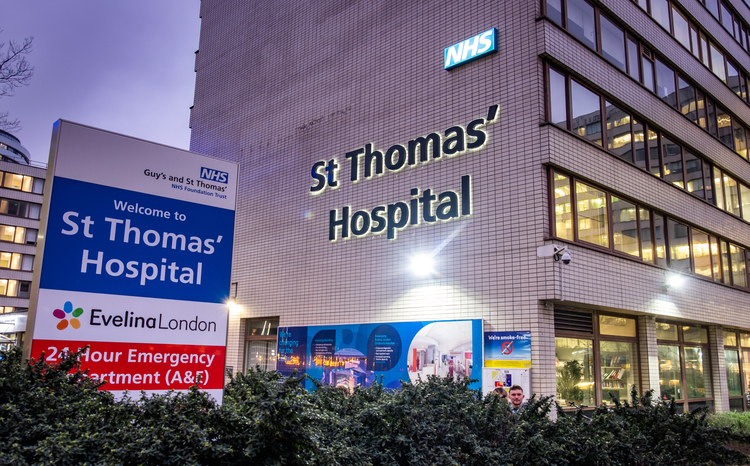Clinical process improvement drives EMR use
- 24 October 2007
The need to improve clinical processes and workflow efficiency in healthcare is driving more healthcare organisations to look positively at electronic medical records, a new survey has found.
In a survey of 819 users of electronic medical records (EMRs), the US Medical Records Institute found that almost half of healthcare organisations were driven to agreeing strategic decisions in IT because they recognised the need to improve clinical processes and workflow efficiency.
Vice-president of the institute, Claudia Tessier, told E-Health Insider: “What the survey clearly shows is a major coming of age in the development of EMRs becoming a necessity for healthcare in the 21st century. Since we started doing these surveys in the 1980s, the response towards the need for electronic records is dramatically rising, and we are definitely a lot more forward thinking than we were 20 odd years ago.”
Over 20% also identified the need to improve the quality of care as a reason to agree IT strategies for the future.
Almost 90% of respondents had some sort of influence over IT procurements in their organisation – most were from the US, but around 20% were from around the world.
Despite the recognition of improvements that investment in IT can offer, the survey also showed that organisations were suffering from lack of funding and support in their bid to push ahead with deployments.
Tessier said: “Lack of adequate resources or funding continues to be the number one barrier reported, but the percentage of respondents recording it as such dropped by 15 percentage points from last year.
“However, uptake is getting better and many organisations are interested and ready. They just want the necessary information to help them be sure they have made the right investment decision. We have been working on this with organisations through our EMR roadshows, aptly demonstrating the potential such systems can offer.”
In hospitals, medical staff and board members are looking at EMR systems to help them deal with patient safety considerations, efficiency and convenience and satisfaction of clinical staff.
In GP practices, the need for an electronic system is different, mainly focusing on the improved patient documentation, efficiency and convenience to doctors through workflow benefits and remote access to patient information.
The survey, co-sponsored by Philips Speech Recognition Systems, also looked at the way medical data was collected and used by organisations.
“What we found is that healthcare workers want a system that is easy to use and understand offering functionality such as free text keyboard entry, structured data entry with pull-down menus and the structured data entry with the keyboard and the mouse – they don’t want over-complicated systems that make their jobs more difficult,” Tessier said.
Almost a third reported experience with a system that some partners and employees refused to use. Fewer than one-fifth of respondents reported past or current EMR deinstallation to replace with another computer system but less than one-tenth reported past or current EMR deinstallation to revert to paper records.
Over 90% of respondents anticipate that EMRs will have improved quality of care, patient safety, and efficiency of healthcare delivery 10 years from now
Tessier said: “This survey has shown the growing interest that health organisations in the US, Canada and abroad have for investment into EMRs. In order to get more benefits, vendors should take note of the issues raised in this survey and act to change the scope of this growing product.
“It clearly demonstrates an increased openness and readiness and an improvement in functionality. EMRs are proving to be something more than the average health worker may have realised before, and they continue to be exciting, interesting and challenging. The task ahead of us now is to find positive ways of making the movement stronger.”
An extended Summary of Survey Observations is available at www.medrecinst.com, and complete results from the survey’s 20 questions may be downloaded for a fee of $39 from the website.
Joe Fernandez




